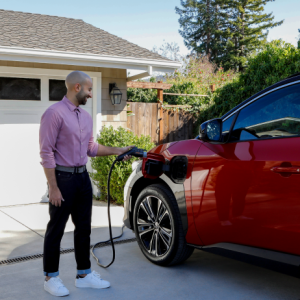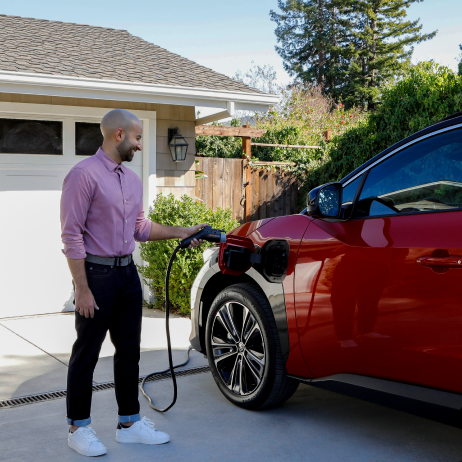As EVs gain popularity, one common question among drivers is whether it’s safe—or necessary—to charge to 100% regularly. This guide explains when full charging is helpful, when it’s harmful, and how to extend your EV battery life.
🔋 Understanding EV Battery Health
Most EVs use lithium-ion batteries that degrade over time. Charging to 100% daily can speed up this degradation—unless your EV uses an LFP battery.

✅ When to Charge Your EV to 100%
- Before long road trips
- In cold weather
- If your EV uses an LFP battery (like some Tesla and BYD models)
- Once a month for battery management system calibration
General Rule: Charge to 100% occasionally, about once a week or before a trip.
⚠️ When You Shouldn’t Charge to 100%
Daily 100% charges for NCM/NCA batteries can reduce battery life. Avoid this unless necessary. Stick to 70–80% for daily driving.
📊 Ideal EV Charging Habits
| Driving Pattern | Recommended Charging Limit |
|---|---|
| Daily commuting (<60 miles) | 70–80% |
| Weekend travel (~150 miles) | 90–100% |
| Infrequent use | 40–60% |
| Cold climate | 90–100% before driving |
⚡ Best EV Home Chargers (Top Picks)
- JuiceBox 40 – Wi-Fi enabled, app scheduling (~$649)
- ChargePoint Home Flex – Alexa compatible, flexible amperage (~$699)
- Wallbox Pulsar Plus – Compact, fast, solar ready (~$649)
Pro tip: Choose ENERGY STAR-certified models to qualify for utility rebates.
💡 Expert Tips to Extend Battery Life
- Use scheduled charging to stop at 80%
- Avoid frequent fast charging (DCFC)
- Don’t keep the battery full or empty for too long
- Park in shade or use thermal management
❓ FAQ
Is it bad to charge my EV to 100% every day?
Yes. Unless your EV has an LFP battery, daily 100% charges can degrade the battery faster.
Can I leave my EV plugged in overnight?
Yes, but it’s best to use charging limit settings to stop charging at 80%.
How do I know if my EV has an LFP battery?
Check your owner’s manual or specs. Some Tesla Model 3 (Standard Range+) and BYD models use LFP batteries.
🏁 Final Thoughts
Only charge your EV to 100% when you need to—like before a trip. For everyday use, stick to 70–80%. Your EV battery will thank you years down the road.

